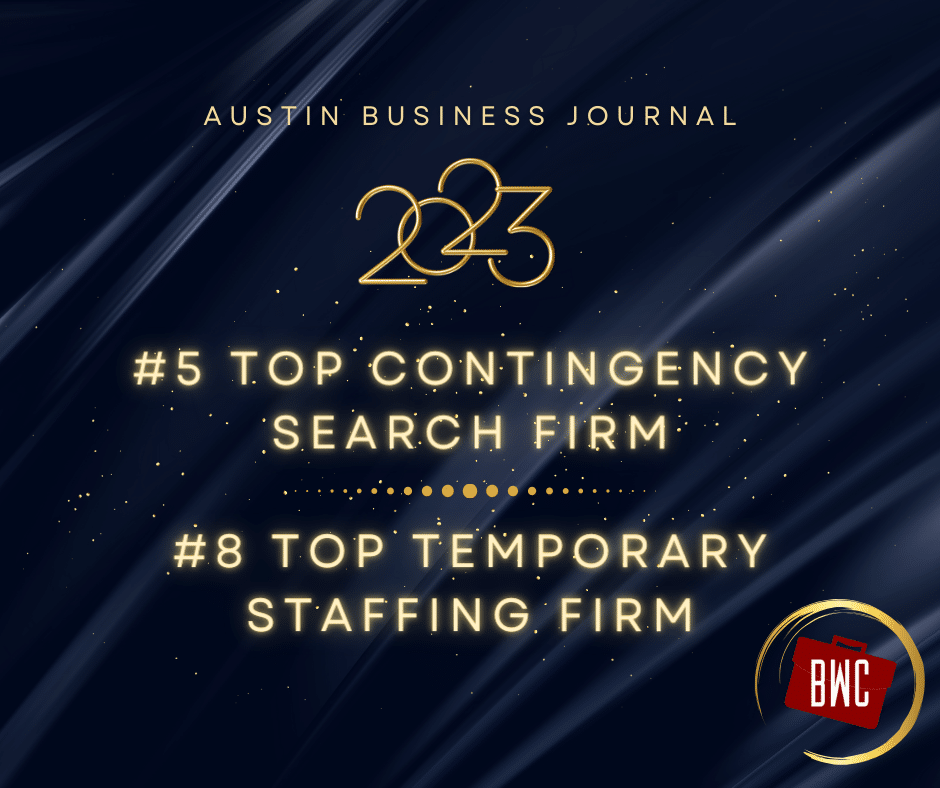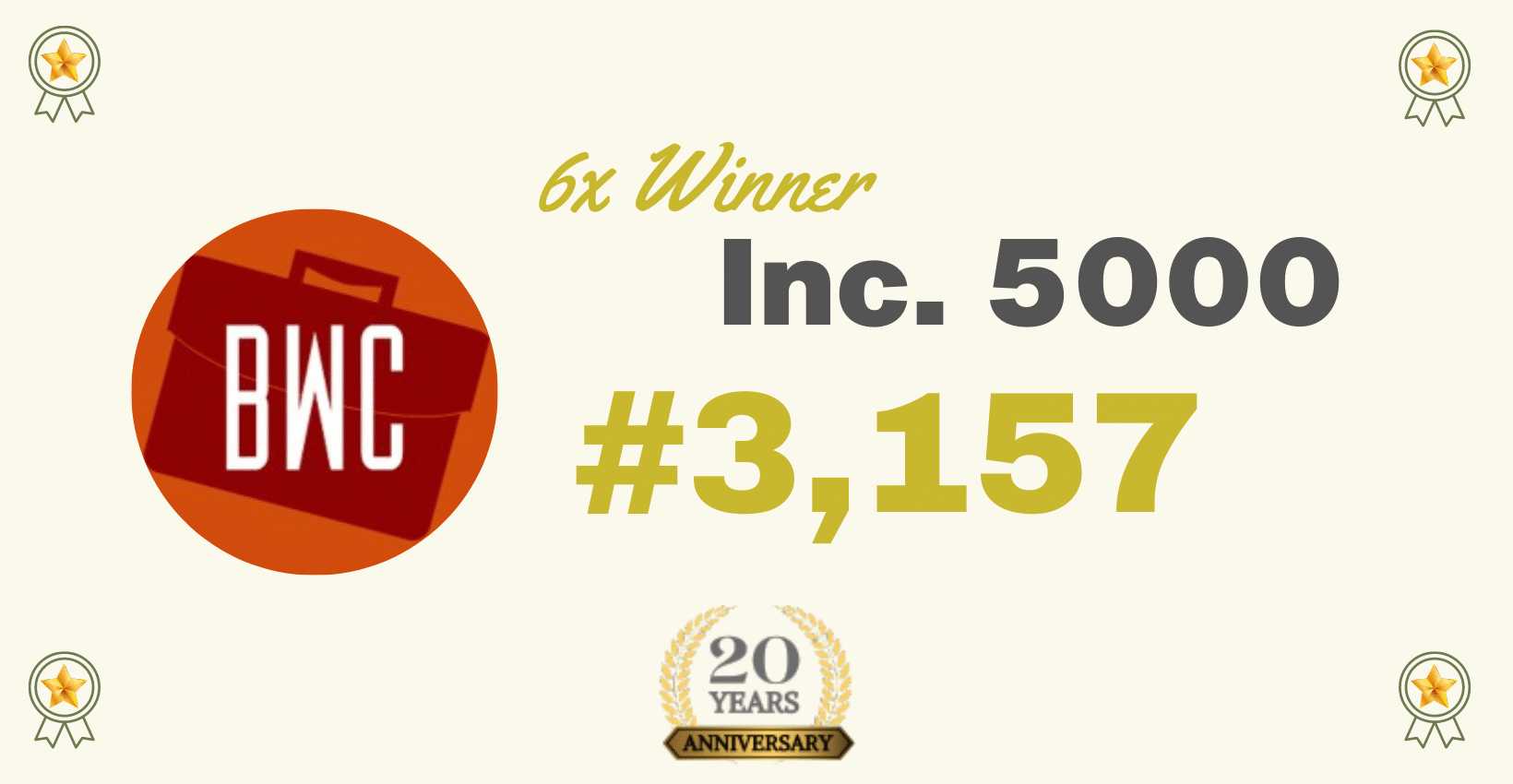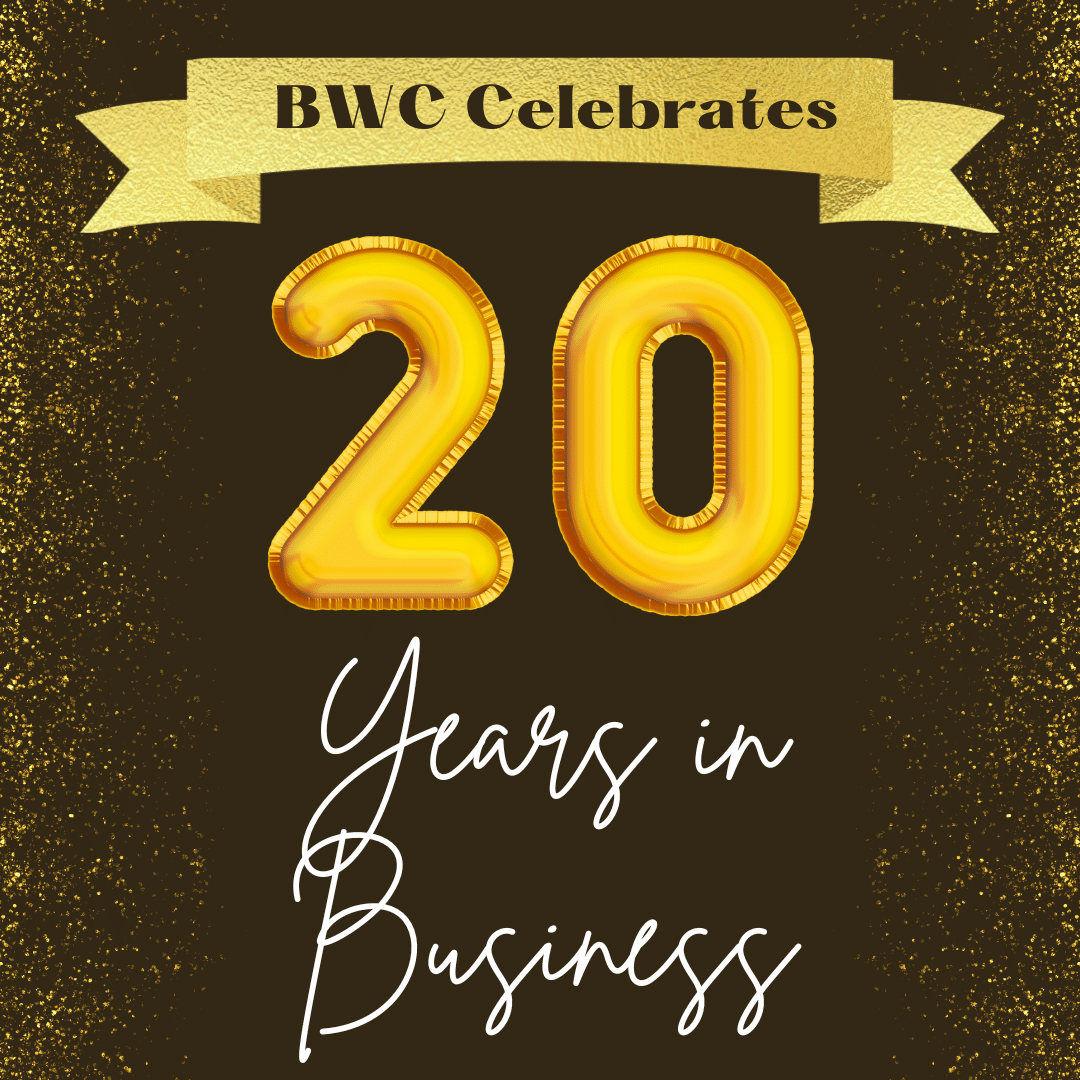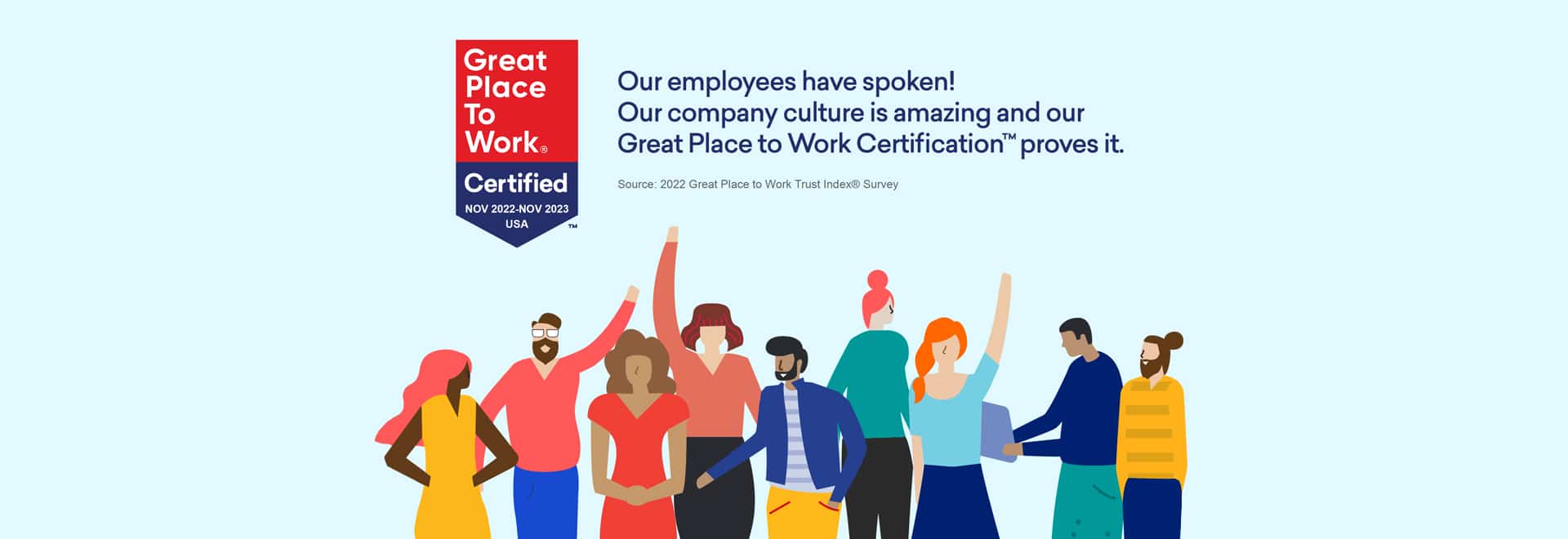Recruiting is not easy. Effective recruiting requires specialized knowledge and experience, along with the ability to solve complex problems by making inferences based on that knowledge and experience. With increased talk about Artificial Intelligence (AI) taking over jobs, we’ll discuss how recruiters will eventually benefit from working hand-in-hand with AI.

For those of us in the recruiting world, that’s obvious and no further explanation is needed. For those not in this profession who may think “hey how hard could recruiting be,” a couple of examples may provide more insight. Think about what problems recruiters must solve every day, often multiple times and for different positions, clients, hiring managers and locations:
- I’ve sourced 357 candidates who meet the core requirements for the position. Which ones are most likely to excel in the job? Which ones are most likely to have an interest in pursuing the job?
- We’re given a job description that describes the position as a Toyota Corolla, when the hiring manager is really seeking a Tesla Model S P100D with Ludicrous mode, and it MUST be red. Unfortunately, we have to learn this by submitting 12 candidates and using the hiring manager’s feedback to refine the sourcing profile over and over until we get it right.
- The hiring manager sends you a requisition and wants to know how long it will take to fill the job. In Alaska.
- I’ve nailed down the search to 7 strong candidates! Now, I just have to spend x hours of back and forth email, calls or texts trying to get those interviews scheduled. Repeat for hiring manager interviews…
- The Talent Acquisition Manager has 3 searches that are taking much longer than expected and are likely going to miss the time-to-fill (TTF) window. Why is this happening and what does she do?
- The team has presented candidates who fit the profile, have been hired, then failed to perform. How can we source in a way that identifies candidates who are most likely to perform well in the role?
Some of these problems are vital to a particular search, others relate to solving the multitude of challenges involved in getting the right candidates sourced, interviewed, selected, and hired.
Artificial Intelligence (AI) is quickly becoming a part of the recruiting landscape, and its role is likely to increase significantly in the future. Multiple surveys of CEOs and HR execs indicate that the potential for positive impact is significant, and that resources and personnel will be directed to pursue this path.
In a recent IBM survey of 6,000 executives, 66% of CEOs surveyed believe that cognitive computing (AI) can drive significant value in HR/Recruiting and are planning to devote resources to that goal.
So, what is AI and how will it help us in the recruiting world?
The key aspect of AI involves the system’s ability to learn – yes, learn – based on data from a variety of sources including a firm’s ATS, employee performance data, labor market data, historical and ongoing requisition activity, along with feedback provided by the recruiting team and seemingly everything else.
For instance, candidate A interviewed and was selected for the next round while candidate B was rejected, employee C is performing extremely well in a position very similar to this opening, labor market conditions, talent pool for job D in given locations, and seemingly everything else impacting the process.
The system will use this information to increase its knowledge base (learn), so that it can better refine sourcing profiles to match successful candidates and top performers, assign higher priorities to more effective screening indicators, more accurately predict the difficulty and timeline for a specific search in a given location, and enhance the process in many other ways.
The TA team can then leverage this insight to better focus recruiting strategies and efforts on the most productive methods, while devoting their specialized skill sets to value-added aspects of the recruiting process rather than the more administrative functions that limit recruiters’ effectiveness.
From a very basic perspective, there are two key areas in which AI tools can significantly improve the recruiting process: effectiveness and efficiency.
The efficiency enhancements are most obvious and will likely have the most immediate impacts. Either in combination with existing tools (ATS) or as a stand-alone addition, AI tools can boost efficiency through a number of methods, such as:
- Chatbots that can screen job seekers by asking them a series of questions specific to the search profile and the background information in their resume, answer questions posed by candidates, and keep candidates updated on their status either automatically or when queried by the candidate. The great thing is that these get “smarter” over time as they learn which combinations of factors lead to a hire.
- Filtering and ranking candidates who’ve applied (often in the 100s daily at large companies) and providing recruiters with a prioritized list of top targets, saving huge amounts of recruiter time.
- Where valid for a given position, AI tools can distribute skill-based tasks and knowledge assessments, evaluate the results, and add this information to the filtering/ranking process, saving recruiters time.
- More mundane examples include scheduling interviews with recruiters / hiring managers, and the like.
The impact here is clear: By taking care of these necessary functions, the tools free up recruiters’ time to focus on other aspects of recruiting where their personal skill set can be applied to much more advantage – sourcing intelligently, interviewing, evaluating sourcing strategies, working with hiring managers on interview feedback, managing the candidate experience, among many others.
While the efficiency gains noted above enable recruiters to focus on value-added activities, some gains in effectiveness are also realized along the way.
The real leap forward in effectiveness occurs when AI tools transition from performing routine tasks or analyzing data to predicting strategies, methods, and outcomes. The tools capture the results of past recruiting efforts across all jobs, locations, candidates, hiring managers, “move forward” decisions on candidates, hiring decisions, employee performance data, then learns from every outcome, continuing to build its knowledge base for the next search.
From this knowledge base, it makes predictions and provides guidance that can be utilized by the recruiters and TA leadership to make more informed decisions about sourcing strategies, recruiter assignments, which candidates to prioritize, improving marketing and messaging outcomes, and so on.
The holy grail in recruiting has been conceptualized as being able to predict a candidate’s actual performance on the job for which they’re being considered. Think about that. If we can accurately predict that one candidate will be a “C” performer while another will be an “A” performer – before having to hire them and wait 3-6 months to observe their performance – that’s a game changer, for sure.
Throw in the accurate sourcing guidance, enhanced screening methods, ability to predict a given candidate’s likely interest level in the position, labor market guidance for national and local markets, along with the other factors previously noted (those only scratch the surface), and it becomes clear that AI tools will have a significant impact on recruiting…and on the skills needed on your TA team.






Leave A Comment